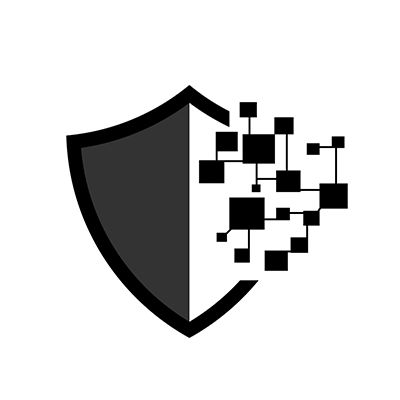

SlowMist
@SlowMist_Team
SlowMist is a Blockchain security firm established in 2018, providing services such as security audits, security consultants, red teaming, and more.
Joined April 2018
404 Following 89.9K Followers
🚨 Ethereum's Pectra upgrade (EIP-7702) is live — a major leap forward, but new functionality brings new risks. Here’s what users, wallet providers, developers, and exchanges should watch out for: 🧠
🛡️ For Users:
✅Private key protection should always be a priority.
✅Be aware that the same contract address on different chains may not always have the same contract code.
✅Understand the details of the delegated target before proceeding.
🔍 For Wallet providers:
✅Check if the chain of the delegation matches the current network.
✅Warn users about the risks of delegations signed with a chainID of 0 that could be replayed across different chains.
✅Display the target contract when users sign delegations to reduce the risk of phishing attacks.
🧑💻 For Developers:
✅Ensure permission checks are performed during wallet initialization (e.g., via ecrecover to verify the signing address).
✅Follow the Namespace Formula proposed in ERC-7201 to mitigate storage conflicts.
✅Don't assume that tx.origin will always be an EOA, using msg.sender == tx.origin as a defense against reentrancy attacks will no longer be effective.
✅Ensure that the target contract for the user’s delegation implements the necessary callback functions to ensure compatibility with mainstream tokens.
🏦 For CEXs:
✅Run trace checks on deposits to mitigate the risk of fake deposits from smart contracts.
📚 Full best practices & in-depth analysis:
https://t.co/IvphpT07rA
Show more
0
0
1
10
5














